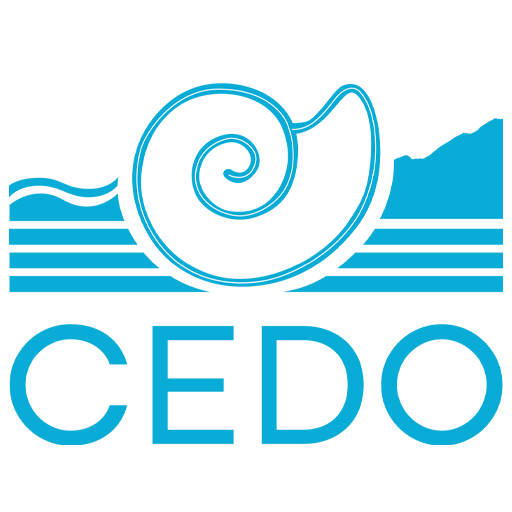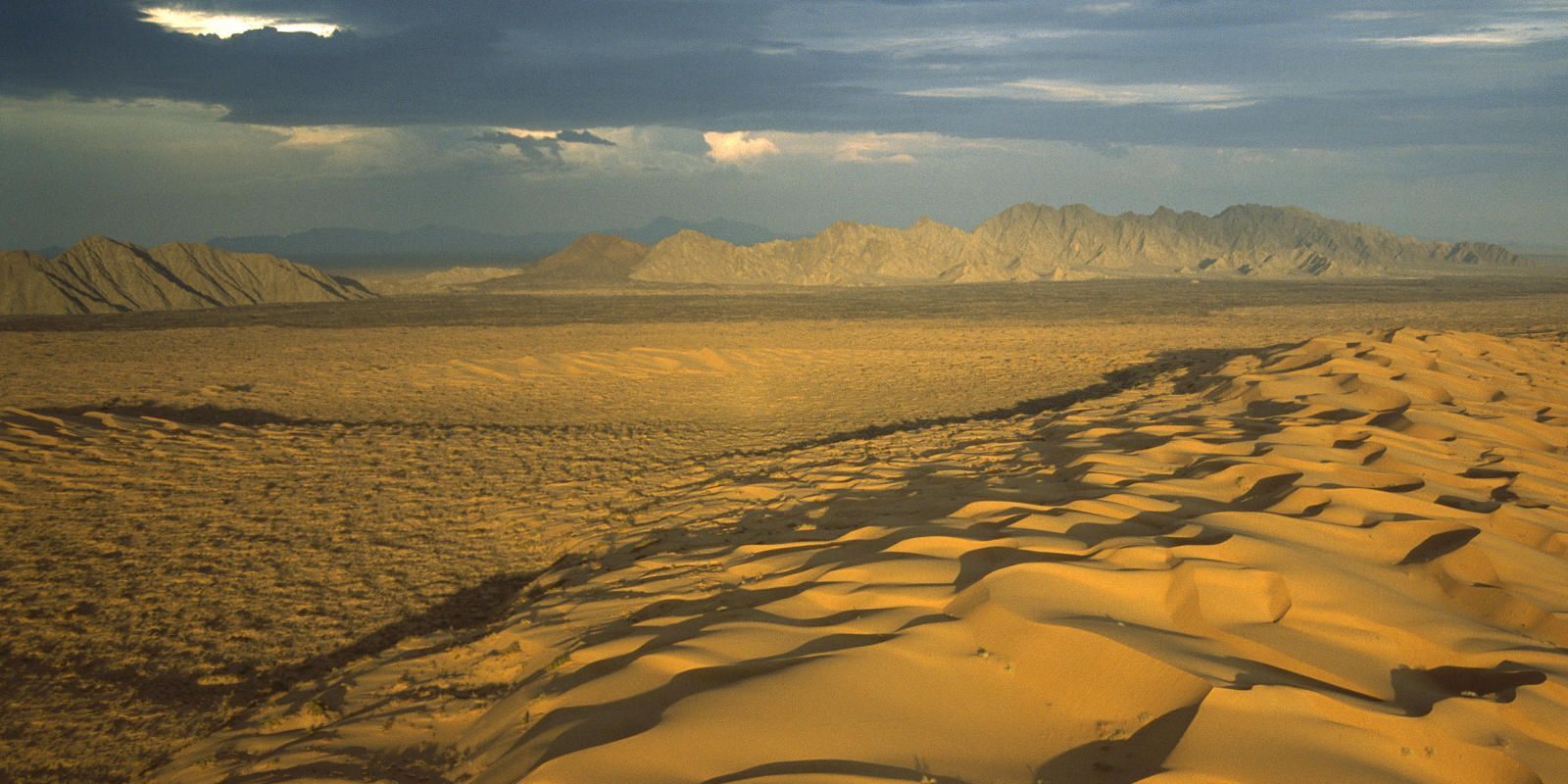History
CEDO Intercultural Center for the Study of Deserts and Oceans – Founded in 1980
In 1977 Carl Hodges, Director of the Environmental Research Laboratory at the University of Arizona established the Desert Development Foundation. His dream was to create a cooperative Mexican-American research and educational center in the northern Gulf of California to support the needs of scientists and students studying the area. Hodge’s dream was to create a self -supporting research and educational facility promoting binational cooperation.
In 1980 the facility became CEDO Intercultural and Peggy Turk Boyer, a young marine biologist, became executive director and led the organization for 40 years. CEDO Intercultural is now led by Nélida Barajas Acosta who became Executive Director in 2019.
For over 40 years CEDO has tested and developed six essential building blocks focused on strengthening communities to participate in the design and realization of sustainable livelihoods to ensure their future and the health of the ecosystems on which they depend. The blocks are integrated to achieve ecosystem conservation and fisheries co-management in two eco-regions of the Northern Gulf of California: The Upper Gulf of California/Colorado River Delta Biosphere Reserve and the Puerto Peñasco- Puerto Lobos Biological Corridor.
More than 40 years later, CEDO’s roots have grown deeper and stronger than ever, with community-led efforts for conservation, sustainable development, and environmental education that have gained the attention and support of decision makers and natural resource managers at the highest levels of government. CEDO’s integrated approach combines a wide array of disciplines (education, capacity building, research and monitoring, climate-change assessment and adaptation, and economic initiatives), and is being scaled to address the needs of more than nine coastal communities where thousands of people make their living from small-scale fisheries, tourism and associated economies.







